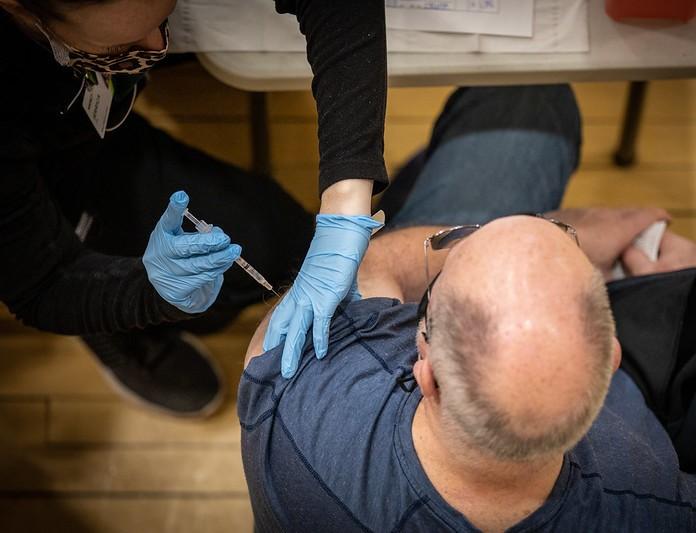A retrospective analysis of data on US hospital patients with infections caused by Enterobacterales and Pseudomonas aeruginosa found that inadequate empiric therapy (IET) and delayed use of newer antibiotics was associated with significantly worse outcomes, researchers reported late last week in BMC Infectious Diseases.
Using data from the Becton Dickinson (BD) Research Insights Database, researchers with BD and drugmaker Abbvie analyzed data on hospitalized adults with facility-reported antibiotic susceptibility results at 161 US facilities from 2018 through 2022. They defined IET as antibiotic therapy prescribed within 48 hours prior to culture collection until first susceptibility results that either did not cover the pathogen or to which the pathogen was found non-susceptible. Newer antibiotics included ceftazidime-avibactam, ceftolozane-tazobactam, cefiderocol, meropenem-vaborbactam, eravacycline, and imipenem-cilcastatin-relebactam.
Findings highlight need for faster susceptibility results
Among 229,320 Enterobacterales and 36,027 P aeruginosa susceptibility results, 1.7% and 16.8% were carbapenem non-susceptible (carb-NS), respectively. In patients with Enterobacterales infections, median time to first susceptibility result was longer for carb-NS than for carbapenem-susceptible infections (64 hours vs 48 hours), and IET was prescribed in 24% of hospital admissions. In multivariate analysis, IET was associated with significantly higher mortality (odds ratio [OR], 1.29; 95% confidence interval [CI], 1.16 to 1.43) and longer hospital stays (14.8 vs 13.3 days).
In P aeruginosa patients, IET was prescribed in 46.1% of admissions. Although mortality was numerically higher with IET, the difference was not statistically significant (OR, 1.17; 95% CI, 0.97 to 1.41), and there was no difference in hospital length of stay (LOS; 12.7 days for both).
Newer antibiotic therapy was prescribed for 703 Enterobacterales patients and 603 P aeruginosa admissions. Delayed start to newer antibacterial therapy was associated with significantly greater hospital mortality and significantly longer post-culture LOS for both groups.
"In conclusion, our study demonstrates that obtaining more rapid antibacterial susceptibility results may improve overall adequacy of empiric therapy and facilitate appropriate and timely use of newer antibacterials," the study authors wrote. "Given the importance of rapid diagnostics, the integration of key diagnostic tests with antibacterial stewardship programs should be considered."
.jpg)

















